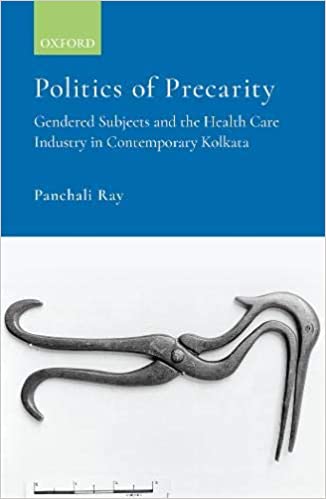The pandemic of Covid is here to stay and we have to learn to live with it, as it becomes endemic. Among the many things the Covid pandemic has exposed—the neglect of public health, the disastrous implications of privatization of health, the utter lack of public health infrastructure and ignoring the social roots of ill-health and disease—is the inadequacy of nursing and frontline staff. Overworked and underpaid, ASHA workers in Karnataka, for example, have been forced to go on strike. Even worse, these ‘warriors’ are expected to work long shifts, without rest or even proper protective equipment. While corporate hospitals have come under scrutiny for price gouging, on their part they claim a lack of staff, including trained nurses.
It is in this context that Panchali Ray’s ethnographic work assumes particular significance. This is a truly fascinating and well written book that traverses disciplines and texts, rich in both, marked by empathy towards her respondents. It is multidisciplinary, exploring the lives of nurses in contemporary Kolkata. What are their social backgrounds? Why do they take to a profession that is still so stigmatized? Indeed, what is the reason for this stigma? How does caste continue to dominate? How is this group of health workers internally differentiated?

